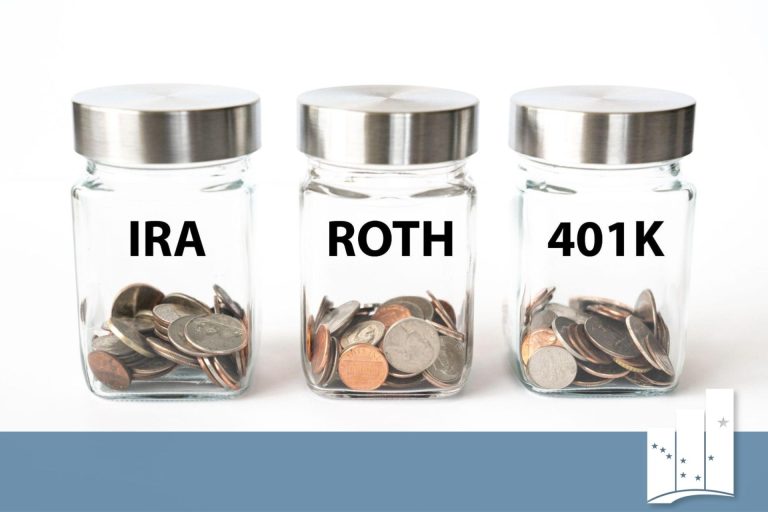Consider your advisors here at Alaska Wealth Advisors as your personal myth busters for those pieces of information on personal finance that circulate and seem either not quite right or too good to be true. Today we set our sights on the myths around your credit score: the financial construct that can feel a bit like a secret grading system, and if you have a bad “grade” it can have significant impacts on your financial life.
There are several different credit scoring agencies, and the formula for calculating your score can vary. We will focus on the most widely used FICO score. Before we get to the Myths of the credit score, let’s focus on the facts first. The FICO score is made up of five categories. Below is a list of those categories and their corresponding weighting to determine your final score. Credit scores can impact your ability to qualify for loans, credit cards, and cell phone contracts, as well as the interest rate you are offered.
- Payment History (35%): includes whether you pay your bills on time, how many accounts are being paid as agreed, if you’ve had late or missed payments, how long it has been since a late or missed payment
- Credit Utilization (30%): the calculation of how much credit you are using monthly in relation to how much credit is available to you. It is generally recommended to keep utilization below 30% of your total available credit.
- Length of Credit History (15%): How long have you had available credit, age of your oldest account, average length of all accounts
- Credit Mix (10%): Types of credit extended (eg. Credit cards, loans)
- New Credit (10%): Requests for new credit
Credit Score Myth #1: Checking your credit will lower your score
Requesting your free annual credit reports will not affect your credit score and is important to check on an annual basis to make sure the reporting is accurate and identify any issues. Personal credit checks are an example of a “soft” credit check. Soft credit checks are not visible to a lender who pulls your credit report. Other “soft” checks include insurance applications and pre-approved credit offers. “Hard” credit checks do impact your score. A hard credit check is when you are applying for new credit: a new credit card, loan applications, or requests for credit increases. The impact to your score is minor unless you have multiple inquiries over a short period of time.
Pro tip: When applying for loans, if you apply for the same type of loan (e.g., Mortgage, Auto) from multiple lenders within a short timeframe it will count as one inquiry – so don’t be afraid to shop around for rates!
Credit Score Myth #2: Keeping a balance on your credit card increases your score
Leaving a balance on your card racks up nothing more than the interest payments. Paying your bills in full and on time is the best way to increase your credit score and avoid hefty interest charges. This myth is a sticky one, because many people are aiming to improve their Payment History, but Payment History is whether you are paying the debts as agreed; this can mean paying in full or paying minimum payments. The nuance here is that if you pay off the card, and don’t incur additional charges for the next month, your report won’t show a bill paid on time if there is no bill.
Pro tip: A common solution to this is to charge a small regular bill such as a streaming service subscription to the card and set up autopay to pay that bill on time each month.
Credit Score Myth #3: Closing credit cards you don’t use will help your score
Closing a credit card can negatively affect two categories of the FICO score: Length of Credit History, and Credit Utilization. If the card you no longer use happens to be your oldest card, you will inadvertently shorten your credit history. If the card you close decreases your available credit substantially and your expenses don’t decrease with it, your utilization will rise and potentially hurt your score. These potential drawbacks could be reasonable depending on your situation and should be weighed against any annual fees associated with the card.
These days we are inundated from multiple sources with information on personal finance, some better than others. As your advisors, we are here to help clarify, demystify, and discuss the impact on your personal situation.
Kelsey Rising
Associate Financial Advisor
3/6/23
Adviser Disclosure: Alaska Wealth Advisors is an investment adviser registered with the U.S. Securities and Exchange Commission. Registration does not imply a certain level of skill or training. More information about Alaska Wealth Advisors’ investment advisory services can be found in its Form ADV Part 2, which is available upon request.
Commentary: The opinions expressed are those of Alaska Wealth Advisors Investment Team. The opinions referenced are as of the date of publication and are subject to change due to changes in the market or economic conditions and may not necessarily come to pass. Forward looking statements cannot be guaranteed.
Note: This material should not be construed as tax advice. You should always consult with your tax professional with regard to specific tax questions and obligations.







